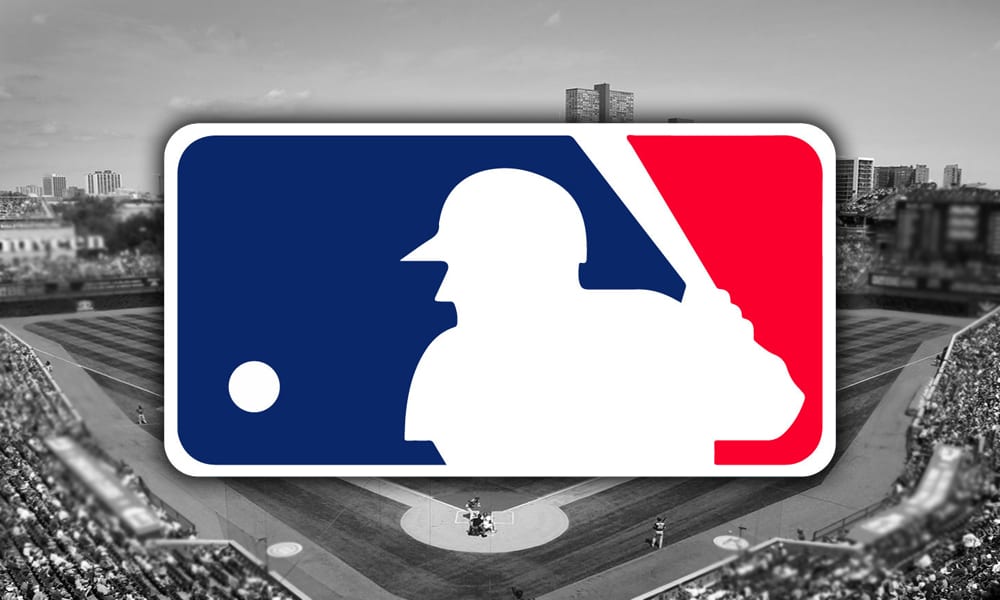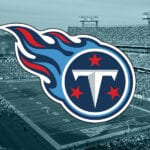The Major League Baseball Players Association is pushing for the league to soften the pitch timer rule as the 2023 season approaches the MLB playoffs, but MLB commissioner Rob Manfred is leaning toward keeping the current pitch timer rule in place, according to ESPN’s Jesse Rogers.
“I don’t think there are too many folks that want to have a new rule affect a game in a pennant chase or in the playoffs,” MLBPA executive director Tony Clark said on Tuesday. “There are adjustments that can be beneficial.”
Following Clark’s comments, Manfred was asked if there was a chance that the league would make adjustments, or tweak, the current rules that allows for 15 seconds between pitches when the bases are empty and 20 seconds when runners are on base.
“In general, I think you ought to play the postseason the way you play the regular season,” Manfred said. “We are comfortable the way the clock and the violations — particularly late in the game, in high-leveraged situations — have been managed.”
While MLB players aren’t asking for the pitch clock to be eliminated entirely, they are asking to tweak the time restraints to provide more time, particularly during high-leverage moments. These could include potentially adding seconds to the clock, approving extra timeouts or disengagements.
Additionally, Clark stated that there are a number of other ideas which Clark said would give players a chance to “breathe.”
“Considering you just played a 162-game season [with a pitch clock], nobody is looking to play 3½- to 4-hour games,” Clark said. “I don’t think a few seconds here or there is going to create a 3½- to 4-hour game.”
Manfred did speak on the clock’s potential impact during the playoffs.
“We don’t want a postseason game decided on a violation,” Manfred said. “We haven’t had a game decided that way [so far]. I understand it’s a possibility.”
Clark isn’t quite confident that MLB will listen to their requests.
“Something that we are concerned about moving forward has to do with the input players offer at the outset,” Clark said. “They didn’t land in a fashion that we hoped, to try and smooth out some of the rough edges earlier.
“The lines of communication are open; we’re glad that they are. We’re hopeful that despite some of the things not being included in the conversation initially that they may be considered down the stretch.”
“We continue to work with the people at Dow chemical on developing a tacky ball that would eliminate many of the variables in the current process,” Manfred said. “It would come out of a sealed, foil pouch at the ballpark.”











